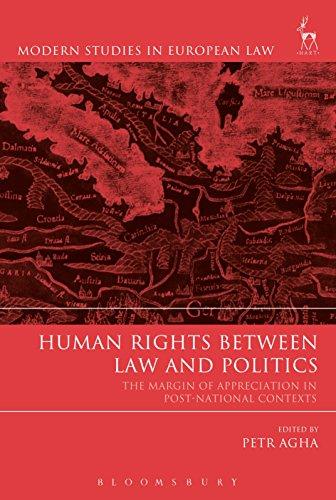Instructions:Answer the questions relating to each scenario. Remember to click on the link provided for each scenario Scenario #1 I have decided that my marriage
Instructions:Answer the questions relating to each scenario. Remember to click on the link provided for each scenario
Scenario #1
I have decided that my marriage is over and I want a divorce. My husband travels a lot for work and he seems to think everything is fine, so I don't think he will agree to it. Can I apply for a divorce on my own? And if so, how?
Use the following link to answer the questions below: https://stepstojustice.ca/questions/family-law/how-do-i-apply-divorce-myself/
- Do you and your partner need to agree to get a divorce?
- What other legal issues should you consider before applying for a divorce?
- What is the major difference between a "contested" and "uncontested" divorce?
- How do you know which form to fill out when you apply to the court for a divorce?
- Which court has the power to make a divorce order?
Scenario #2
I am a great baker - my cakes are legendary! It must be genetic, because my adoptive mom is a disaster with a cookie sheet. I do not know who my birth parents are, but now that I am 18, I would like to meet them and see if there are other bakers in my family. Can I contact them?
Click on the following link to answer the questions below: https://stepstojustice.ca/questions/family-law/i-am-adopted-can-i-find-out-about-my-birth-parents/
- What kinds of information can you get from the government about your birth parents?
- What kind of information can you get from applying for post-adoption birth information?
- What is a disclosure veto? What can you do if your birth parents applied for one?
- What happens if your birth parents filed a "no contact notice"?
- Why might birth parents want to limit the information their biological children can find? Do you think this is fair?
Scenario #3
My partner and I have been living together for 10 years in a common law relationship. After all these years, we have decided that it is time to split up. My partner owns our house, so she has asked me to leave. However, I have three cats that are used to living here, and I do not want to move out until I have found somewhere equally nice for us to live. Can my partner force me to move out? What can I do about it?
Click on the following link to answer the questions below: https://stepstojustice.ca/questions/family-law/were-not-married-who-gets-stay-our-home-if-we-separate/
- Do common law partners have different rights from married couples when splitting up a house?
- Would it make a difference if the person in this scenario was a legal tenant?
- What could this person do? (Hint: there are two options)
- Could they get a court order that would allow them to stay in the house? What factors will the court look for when considering the order?
- What would make it harder for the court to decide who gets to stay in the house?
Scenario #4
I am no longer living with my partner. He treated me well at first, but then became abusive towards our children and me. Two months ago, I left with the kids and we now live with my sister. Ever since then, he keeps showing up at my house or trying to contact our children. It scares me and makes me worry for my children's safety. I have tried calling the police, but they said they could not do anything because his behaviour is not criminal at this point. Is there anything I can do to keep him away from me?
Click on the following link to answer the questions below: https://stepstojustice.ca/questions/family-law/how-can-i-keep-my-abusive-partner-away-me-after-i-leave/
- What does Steps to Justice suggest this person could do to help protect their own and their children's safety?
- What options from the court are available in this situation?
- If the police are called, who decides whether any charges should be laid?
- When do you think a peace bond would be more appropriate than a restraining order? When would a restraining order be more appropriate
- Who can apply for a peace bond?
Scenario #5
It has always been my daughter's dream to go to Paris. I am going to France for work next month and I want to bring her along with me for her 13th birthday. Her father and I are divorced, but we have joint custody of her. Is she allowed to travel with me?
Click on the following link to answer the questions below: https://stepstojustice.ca/questions/family-law/can-i-travel-my-child-after-i-separate-or-divorce/
- What does this person need to tell their ex-husband about their travel plans?
- What important information could be in a parenting plan, separation agreement or court order that might affect this situation?
- What is a travel consent letter? Why is it good to have one?
- What would be required for an adult to bring a child under the age of 18 from Canada into the United States?
- Why do you think a border guard might stop a single parent and child travelling across a border?
Step by Step Solution
There are 3 Steps involved in it
Step: 1

See step-by-step solutions with expert insights and AI powered tools for academic success
Step: 2

Step: 3

Ace Your Homework with AI
Get the answers you need in no time with our AI-driven, step-by-step assistance
Get Started


